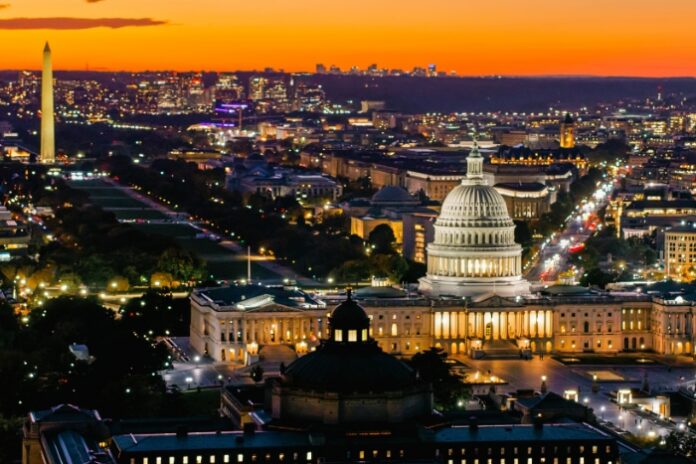White Mountain Apache Tribe Files Lawsuit to Hold TikTok, Instagram, Facebook, Snapchat, and YouTube Accountable for Their Platforms’ Damaging Influence on the Mental Health of Tribal Youth
Whiteriver, AZ—The White Mountain Apache Tribe has filed a lawsuit in the United States Federal Court for the Northern District of California to hold the five largest social media platforms—TikTok, Instagram, Facebook, Snapchat, and YouTube—accountable for fueling the youth mental health crisis in their Tribal community. The lawsuit comes as a response to reports of Tribal youth facing unprecedented mental health challenges exacerbated by social media.
Tribal teen suicide rates are 3.5 to 4 times higher than the national average, and Tribal youth disproportionately suffer from mental health issues, including anxiety, depression, substance abuse, and eating disorders. Social media products have been a significant contributor to the current mental health crisis facing Tribal youth.
“Our children are our most precious resource, and we must act to protect our youth and to hold these companies accountable for the harm they have inflicted and continue to inflict on our children, our families, and our Tribe,” said Kasey Velasquez, Chairman of the White Mountain Apache Tribe.
The Tribe brings this lawsuit after shocking internal whistleblower reports revealed that social media companies prioritized user engagement and profit over child safety with algorithms that create addiction in children, and then boost harmful and exploitative content—including explicit sexual material, violent imagery, cyberbullying, content promoting self-harm or eating disorders, misinformation, and content that encourages illegal activities, all of which can negatively impact children’s mental health and well-being.
The lawsuit alleges that social media companies deliberately designed their platforms to addict and manipulate Tribal children, employing features that include:
- Using algorithms to generate feeds that keep users on the platforms longer and encourage compulsive use;
- Using mechanics akin to gambling, which allow for anticipation and craving for “likes,” and providing continuous, personalized streams of content; and
- Exploiting social forces like reciprocity—particularly powerful among teenagers—which compels them to respond to one action with another. For instance, these platforms leverage reciprocity by automatically notifying senders when their messages are seen or delivered, prompting teens to return frequently and reinforcing continuous online engagement and immediate responses.
“Social media companies have created environments where our children are subjected to constant pressures and influences that exacerbate mental health struggles. These companies know the impact of their designs and chose profits over the well-being of users, particularly youth,” said Richard Fields of Fields Han Cunniff, counsel for the Tribe.
The White Mountain Apache Tribe’s lawsuit pursues claims under the Racketeer Influenced and Corrupt Organizations Act (RICO) statute, as well as claims for public nuisance, fraud, negligence, product liability-failure to warn, and unjust enrichment.
The White Mountain Apache Tribe has dedicated substantial time and resources to youth mental health programs and services to combat this crisis. Beyond funding emergency services, counselors, and medical professionals, the Tribe, with support from Johns Hopkins Center for Indigenous Health, pioneered the first tribally mandated suicide surveillance and follow-up system in the United States. Their “Celebrating Life Prevention Team” combines community-based surveillance with preventive strategies to address youth suicide within the Tribe. Initially, the Tribe processed 200 to 250 intake referrals each year, but this number has now surged into the thousands.
“We stand with the White Mountain Apache Tribe in their efforts to address this youth mental health crisis,” said Adam Levitt of DiCello Levitt, counsel for the Tribe. “Our goal is to bring much-needed reform to an industry that has consistently created addiction and disregarded the mental well-being of its users and to create a safer online environment for Tribal children.”
This lawsuit marks a crucial step in the Tribe’s ongoing commitment to addressing the youth mental health crisis and safeguarding the future and well-being of its young people.
Media Contact:
Richard Fields
Anna Kovalevska
Fields Han Cunniff
Email: fields@fhcfirm.com, kovalevska@fhcfirm.com
Phone: (917) 297-3610


